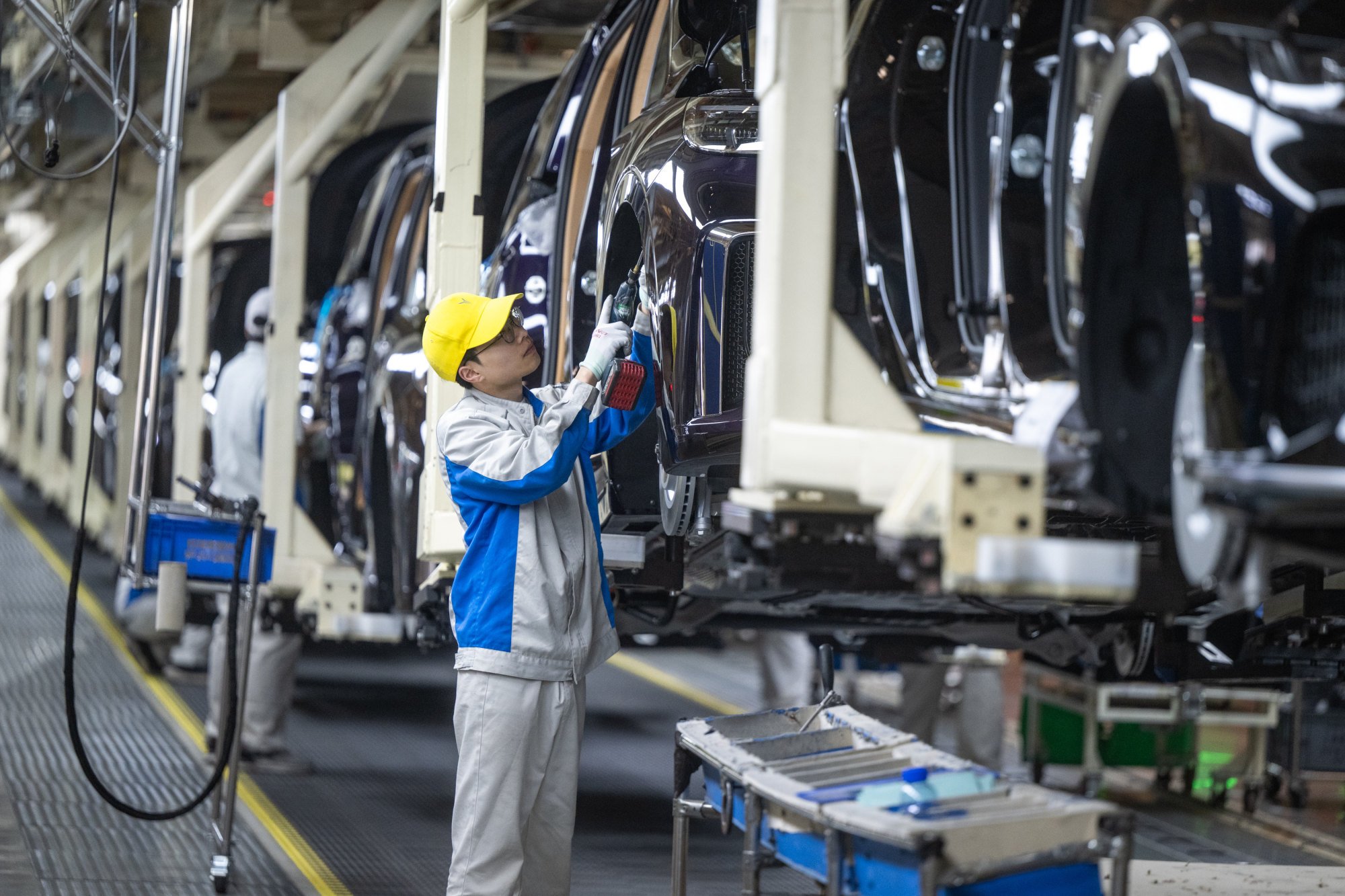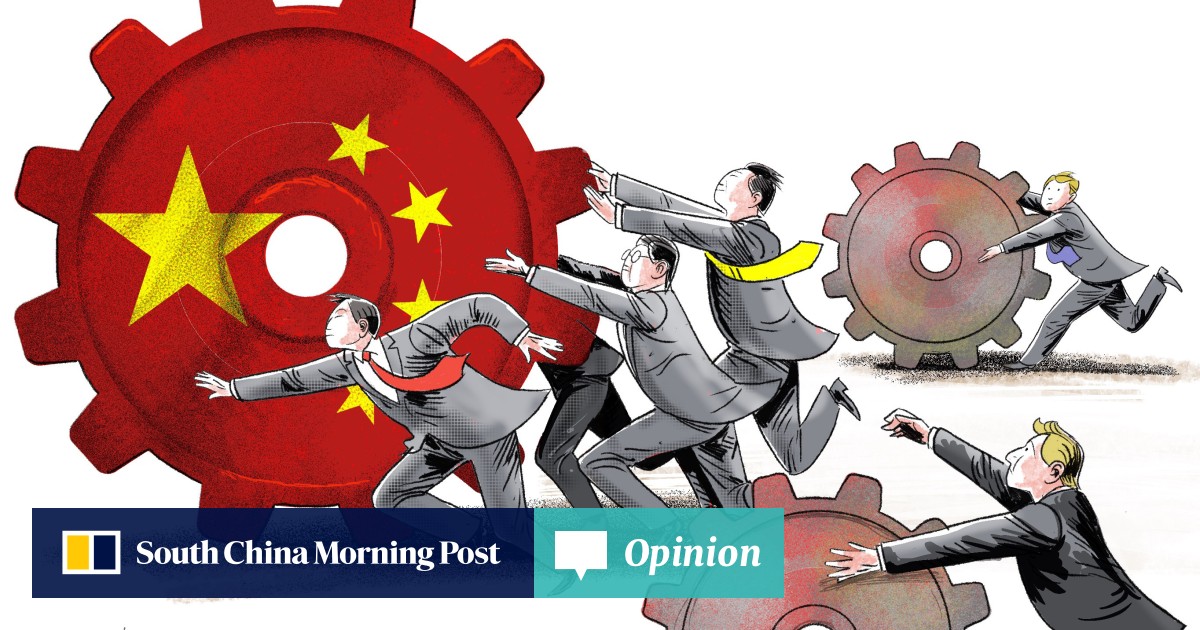I meet hundreds of these companies every year. There are so many glaring reasons they are able to outcompete many Western companies.
The first advantage is the presence of natural and cutthroat competition within China across many industries. Name any product or industry in China with one successful company and there are many others doing everything they can to surpass it.
The result of this competitiveness is exceptionally hard work at blazing speed. Companies expect long hours and quick results from their teams. There’s always someone out there willing to work harder for less, so as an employee you might often have little choice but to grind away.
Compare this situation with the opposite happening in Europe where companies can barely get workers back into the office three days a week and many employees get offended if a work-related text comes in after hours. Which of these settings is going to produce cheaper products at a faster pace?

Take EV battery chargers for example. There are multiple well-funded Chinese companies making a very similar product. Some of them emerged within the last decade or so and I suspect only a couple will still be here 10 years from now.
These kinds of companies have already largely fended off most international competition by making slightly more affordable products with a few more bells and whistles each time. Now the competition between them will intensify and the victors will be those with better micro innovations at a faster pace.
Another vital reason Chinese companies are outcompeting the rest of the world in many ways is geographical. Just as Silicon Valley is a hub of tech talent, China has supply chain hubs for seemingly every industry imaginable, mostly concentrated in the Pearl and Yangtze river delta regions. These industrial clusters expedite innovation, entrepreneurship, production and distribution.

One Shenzhen-based company I work with is making high-end electric toothbrushes at half the price of major brands. They have a slick product and packaging on a par with Western brands – all made in Shenzhen.
A representative of a different company in the US food service industry told me that their products are all still made in China. “It’s not just having the whole supply chain in one country, sometimes your whole supply chain is on one street,” he explained.
When such high-stakes competition, micro innovations and industrial cluster megapolises combine with a sophisticated and well-educated population hungry to get ahead, it is almost unrealistic to expect anywhere else in the world to be able to compete in certain industries.
Competition can be painful in the short term, especially with politics and election year complexities, but competition is what propels innovation. Just like the space race brought the US and Soviet Union to incredible feats of daring and innovation, China’s internal competition is propelling its own companies forward.
US and European companies are being beaten badly now in many industries they once led, but blocking competition will probably not spur more innovation. And putting the focus of this success purely on industrial policy and overcapacity is masking other glaring reasons Chinese companies are currently coming out on top.
Chris Pereira is the founder and CEO of iMpact, a communications and business consulting group


